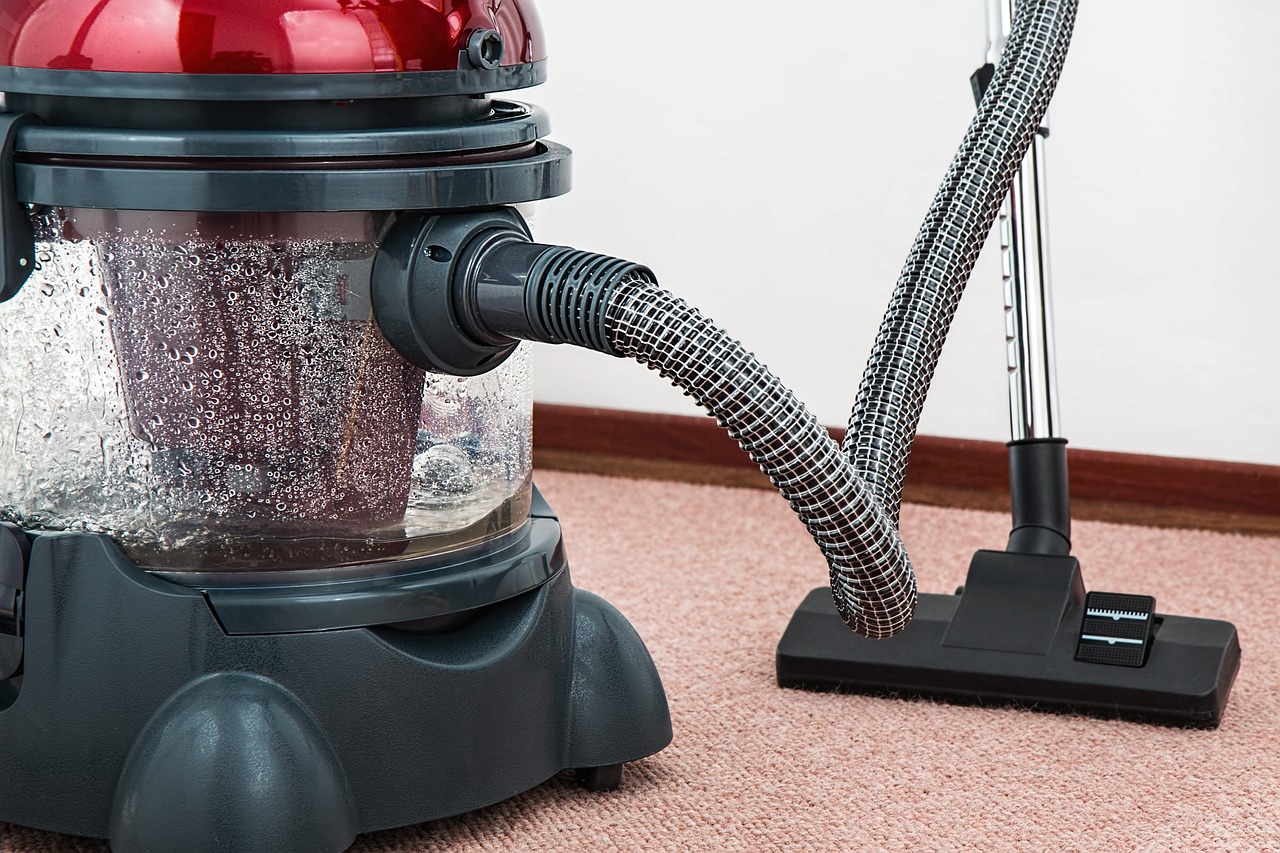Buying Used Electrical Items – Is It Thrifty or Risky?
In this post we are continuing to look at how the current cost of living crisis is impacting our daily lives. As well as trying to reduce food and energy costs many people are opting to replace electrical goods and appliances with second hand items at the moment to ease the financial impact of needing to buy these products.
In some respects, this is good news as items that might otherwise have been thrown away are being given a new life in another home, minimising the impact on the environment and fitting in well with the ethos of reuse & recycle.
However, there are some potential downsides, and we want to explain these to help you make well informed and safe choices.
The rise of online market places such as ebay, facebook marketplace and many other buying & selling apps means that anyone, anywhere can now sell electrical items to another person without ever meeting face to face. These sales are difficult, if not impossible for local trading standards to monitor or regulate.
As a result, by buying in this way you could unwittingly be putting yourself and your family at risk of fire or electric shock. So how do you know if whether the preloved electrical items you might buy are safe?
Here are four points to bear in mind:
Visual inspection – does the item look in generally good condition? Avoid anything where there is visible damage of any kind, including the cable. Check that the product has a three-pin UK plug.
Safety Label – Is there one? Products made by a legitimate manufacturer will have at least one safety certification on the label. Ideally, the item will come with an instruction manual too.
Once you receive your item go online & register it – once you have done this you will be notified by the manufacturer if it is found that the product you have bought is found to be dangerous or faulty in the future.
Check whether the product has been recalled by entering the serial number and model into this online product checker provided by Electrical Safety First.
Another option is to buy from reputable charity shops which will often have electrical items for sale. In this setting there will generally be processes in place for goods to be checked before being offered for sale. Many of these shops will function test products to make sure they are in good working order as well as having them independently PAT tested (link) and labelled to indicate this. The other advantage of buying in a charity shop is that you can carry out a full visual check in store before deciding whether to buy.
While we all love a bargain, and we understand that times are currently hard we hope these tips will help you stay safe during the financial squeeze. Saving a few pounds could turn out to be very costly if you are unknowingly bringing unsafe items into your home.

